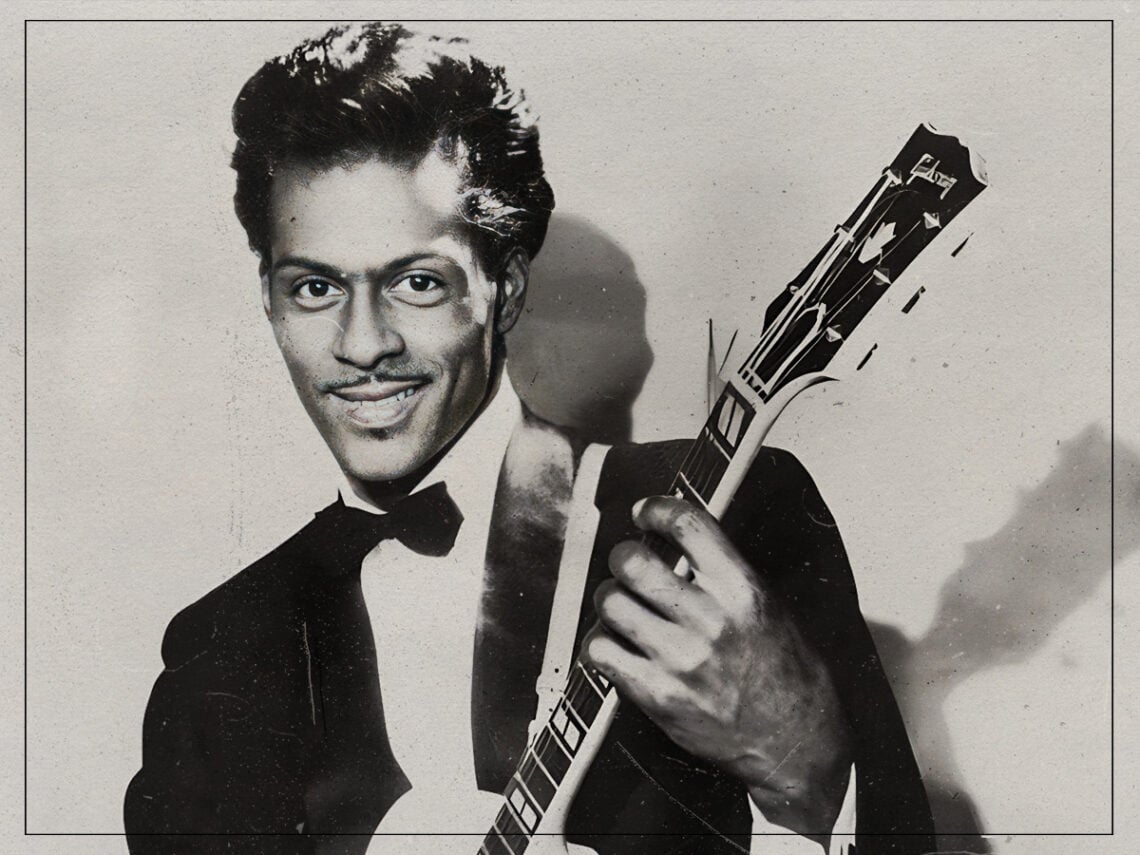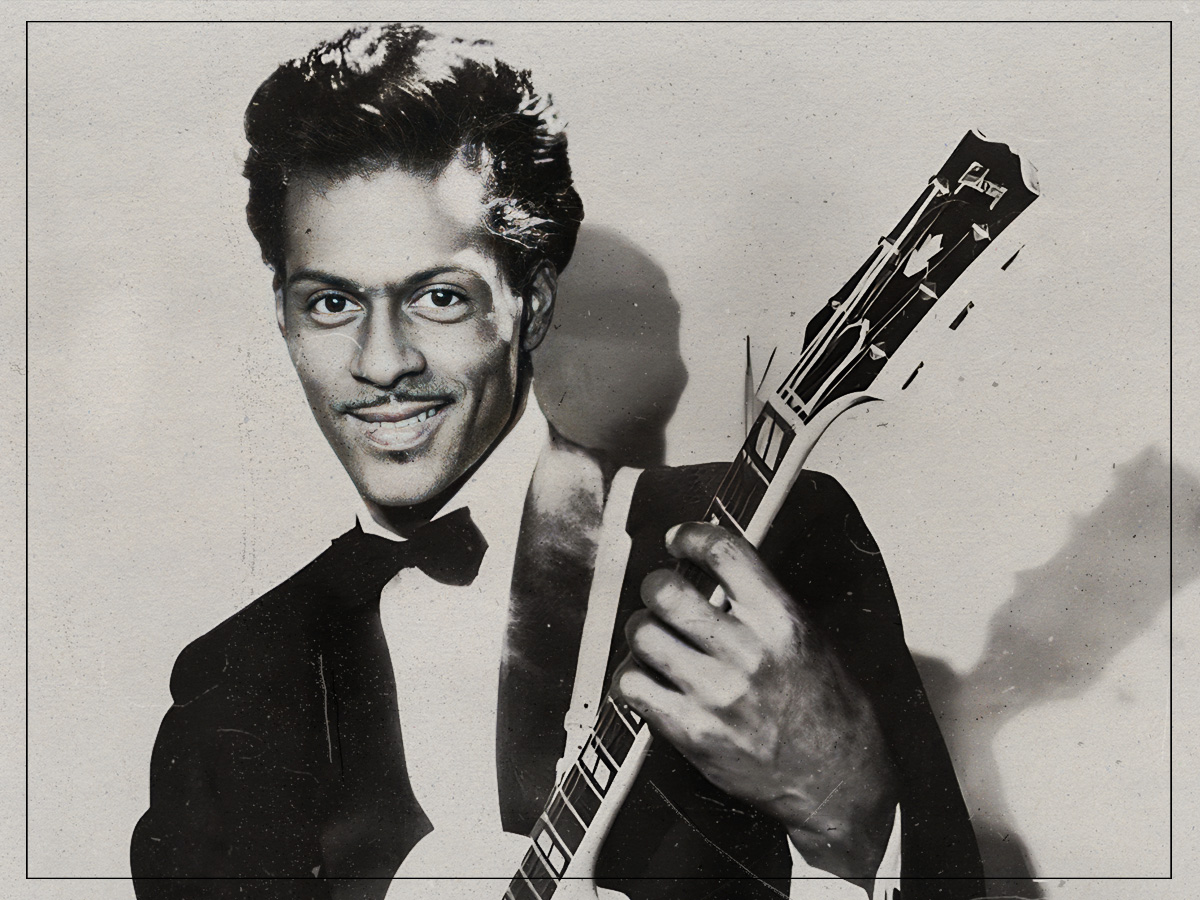
(Credits: Far Out / Tidal)
Tue 23 September 2025 5:00, UK
Vocalists come and go with the changing of the tides, but a select few names continue to prevail year after year, and perhaps the only thing that those names have in common is that they all took their cues from Bing Crosby.
One of the world’s biggest-selling artists back in his day, Crosby set the standard for male vocalists of all genres and generations. That buttery smooth baritone lent itself to a plethora of utterly iconic recordings, from ‘White Christmas’ to ‘Swinging on a Star’ – for which he won an Academy Award – and even today, nearly 50 years on from Crosby’s death in 1977, his influence over male vocalists remains utterly undeniable.
When you think about those who came in the wake of Crosby, it is easy to conjure up images of Frank Sinatra or Dean Martin, but the influence of the performer stretches far beyond classic crooners. In fact, those wholesome, inseparably festive tones formed an unlikely influence on the age of rock and roll rebellion back in the 1950s, particularly in the case of Elvis Presley.
A vast amalgamation of R&B, blues, jazz, country and boogie-woogie, the origin story of rock and roll is a topic we simply don’t have time to delve into within this article. However, the style was ultimately rooted in rebellion and a subversion of mainstream culture; nobody represented the musical mainstream of the 1950s quite so all-encompassingly as Bing Crosby. Nevertheless, when that Mississippi-born performer began to slick back his hair and shake his hips, it was Crosby who informed his vocal sensibilities.
Attention was quickly drawn to the unique energy of Presley as a performer, along with his apparently outrageous dance moves, but the real reason for his enduring title as ‘The King of Rock and Roll’ lay with his voice. Nobody else during that first age of rock boasted the same vocal abilities as Presley, equally befitting of high-energy rebel anthems and deep, intimate love songs. You can certainly hear Crosby in some of Presley’s more intimate anthems, ‘Can’t Help Falling In Love’ being perhaps the most notable example.
Even Presley’s rock and roll contemporaries could recognise the power of that distinctive voice at the time. “I think he had a wonderful manager,” Chuck Berry joked in a 2008 interview with St Louis Magazine, downplaying the quality of The King. “But one thing Presley had that no other person had was that voice. He had a voice better than Bing Crosby’s,” the guitarist boldly declared.
“That’s another thing: I came up believing that singing did not mean just saying it with ups and downs and varied melody,” Berry continued. “Singing is almost like swinging: It vibrates”. Therein lies the appeal of a voice like Presley’s. After all, there are countless vocalists out there who are technically more skilled than Elvis (including Bing Crosby), but his voice swung in a way that very few other artists could pull off.
So, without Crosby, there is no Elvis Presley, but ‘The King’ arguably eclipses his mentor in terms of vocal power, at least according to Chuck Berry. While there is an argument to be had there, we are not rushing to disagree with Chuck Berry – have you seen him putting Keith Richards in his place? The sensible option is just to smile and nod, it would seem.
Related Topics
